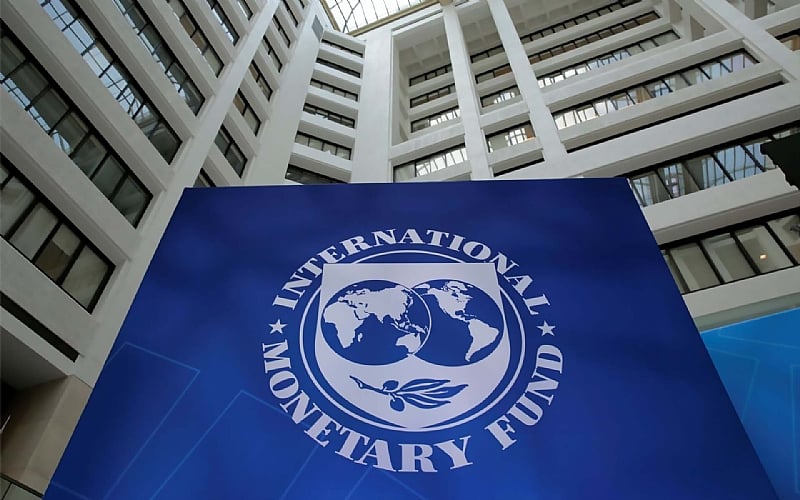The recent advice from the International Monetary Fund (IMF) to the Bank of Ghana to “reduce interventions in the forex market” is worrying. It appears the IMF is once again playing a familiar game with Ghana tight monetary policies, currency controls, and austerity recommendations that end up hurting the ordinary Ghanaian more than helping.
For the past four years, under the IMF-supported program during the NPP administration, Ghanaians have endured severe hardship skyrocketing inflation, a collapsing cedi, job losses, and rising cost of living. The state has become a spectator in its own economy, while the IMF pulls the strings in the name of “reforms.”
But how do you tell a central bank not to intervene when the cedi is falling sharply? Should the Bank of Ghana watch helplessly as importers suffer, prices rise daily, and confidence in the economy erodes?
Suggested Solutions:
1. IMF must adopt country-sensitive solutions not one-size-fits-all policies. Ghana’s informal sector, import-dependence, and social vulnerabilities need flexibility, not rigidity.
2. Ghana should invest in production from agriculture to local manufacturing. Reducing imports will naturally reduce demand for dollars.
3. Boost forex earnings through export diversification (e.g., agro-processing, services, tourism).
4. Cap excessive government borrowing, especially in foreign currencies, which increases pressure on reserves and exchange rates.
5. Create a buffer fund for forex interventions during crisis moments without relying heavily on IMF signals.
The IMF must not become a silent driver of Ghana’s economic woes. It is time to prioritize the welfare of the people over theoretical economic models. Ghanaians are tired of paying the price for policies written in Washington but felt painfully in Accra.
Contributed by Justice Kpornyo
Signed
Dr. E.K Hayford
Executive Director (CDG-GH)


